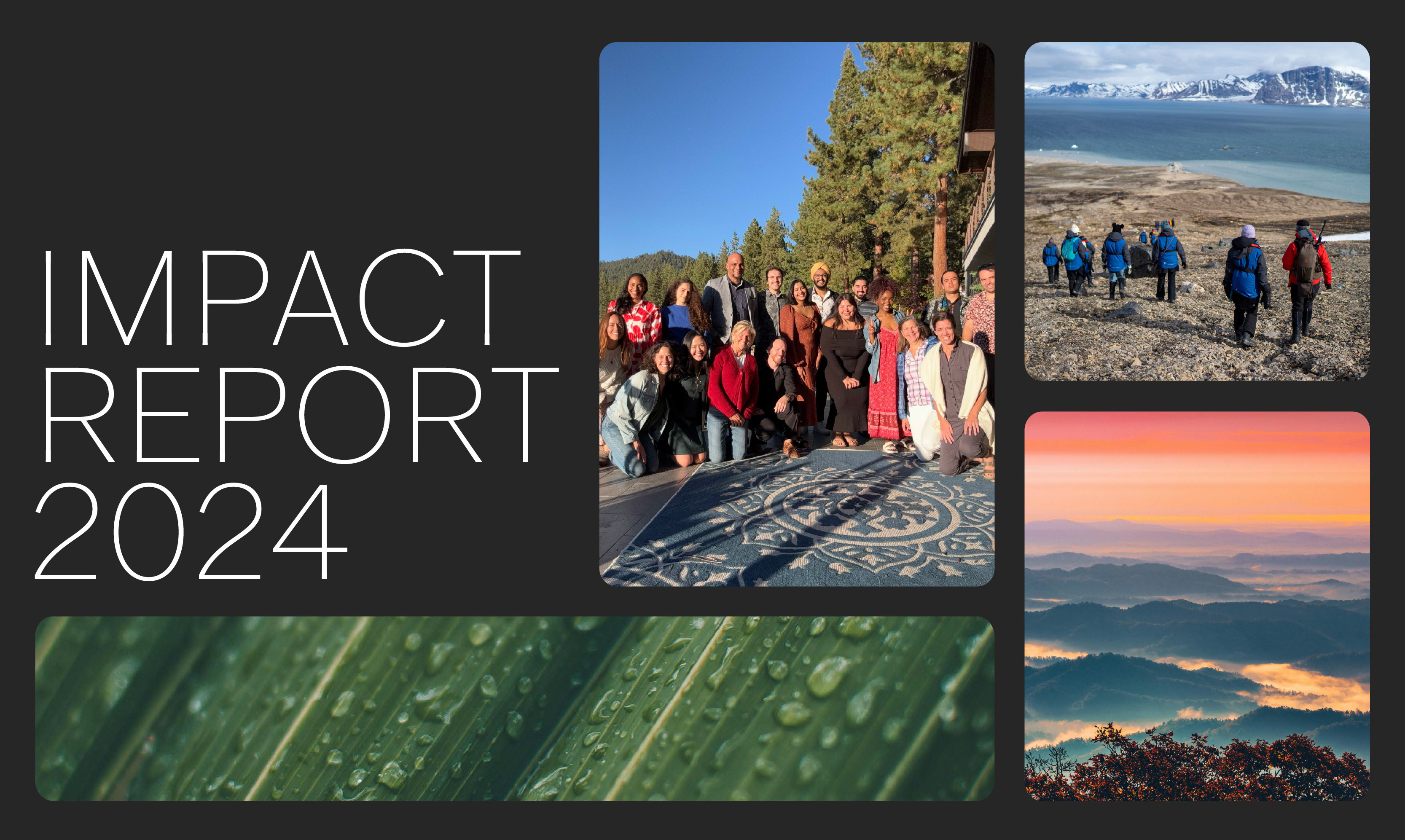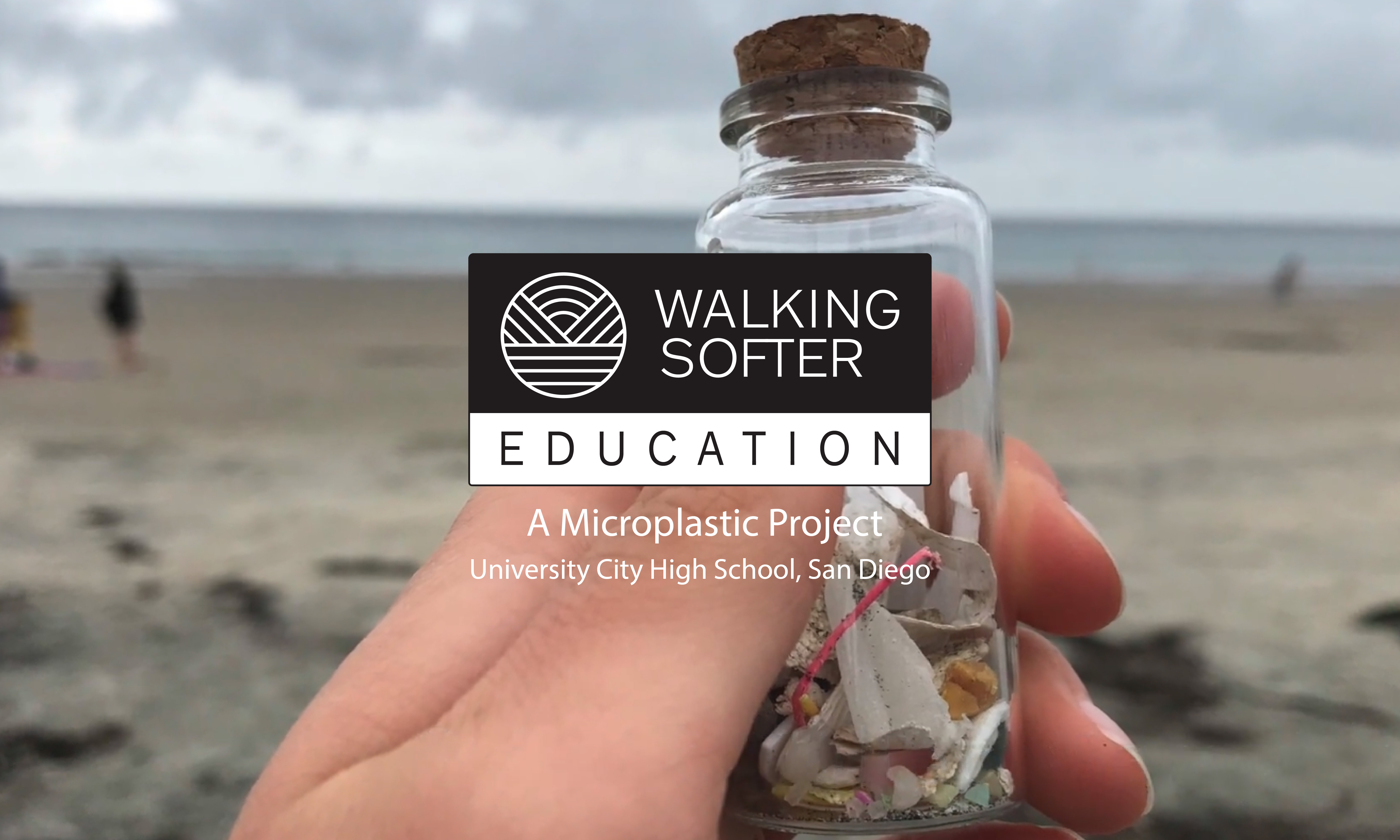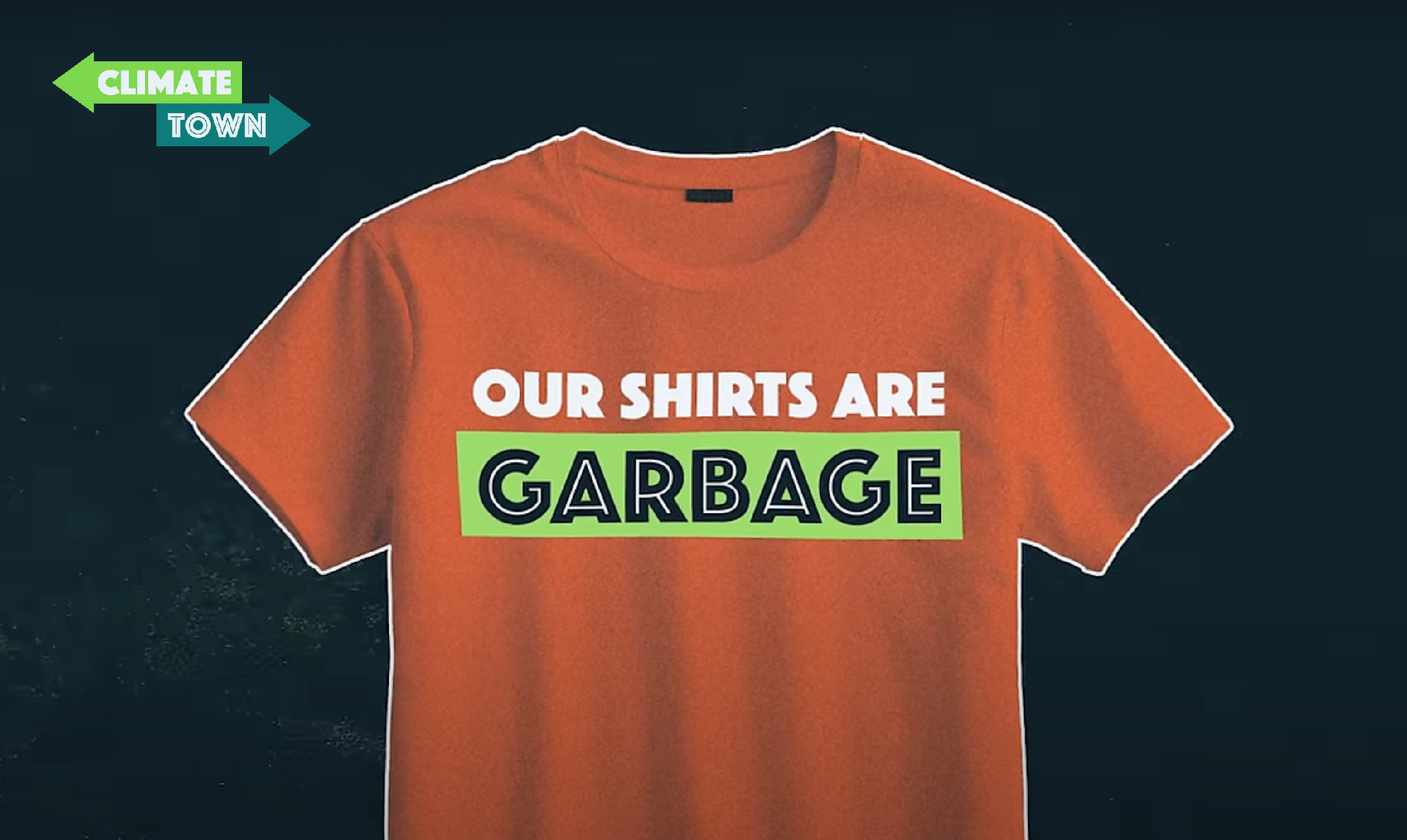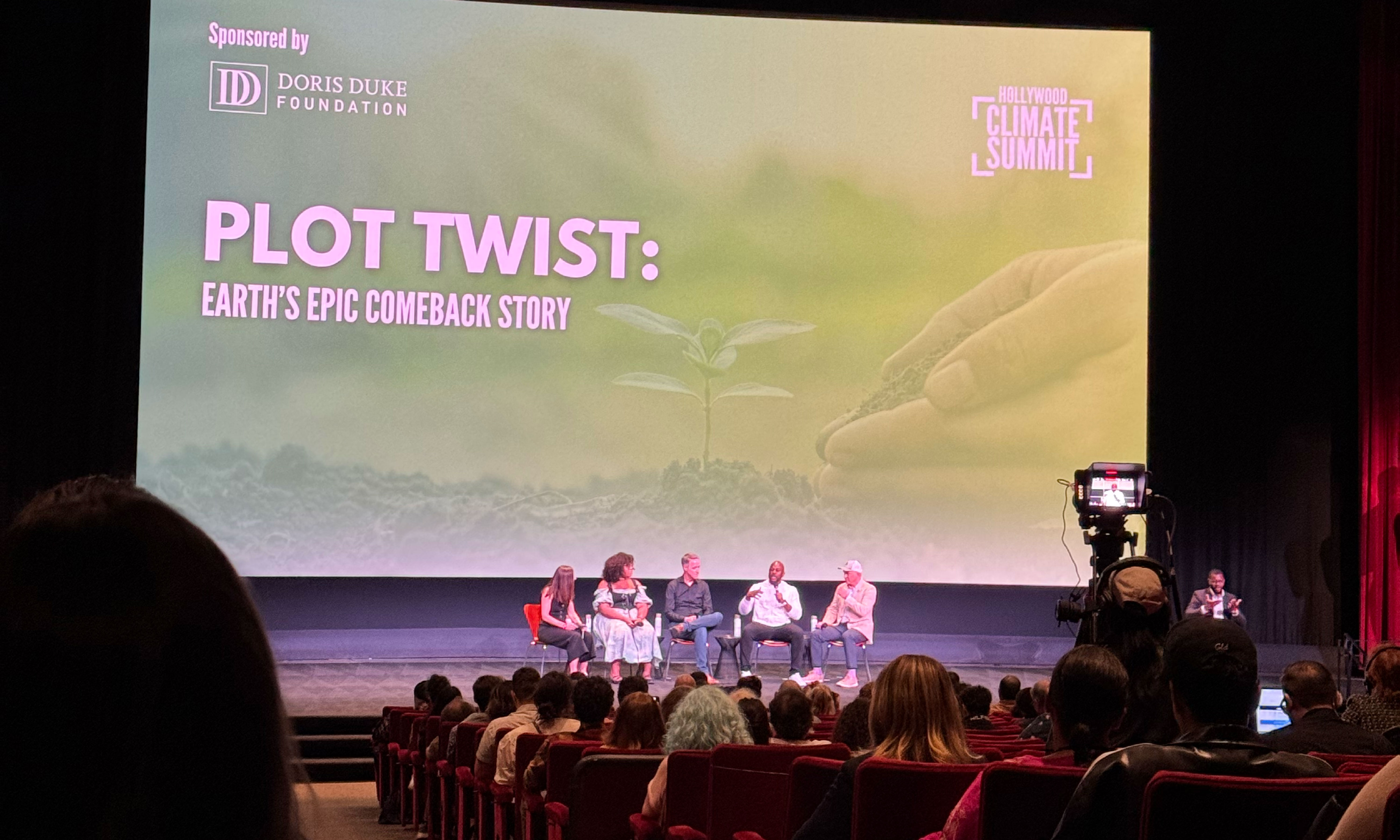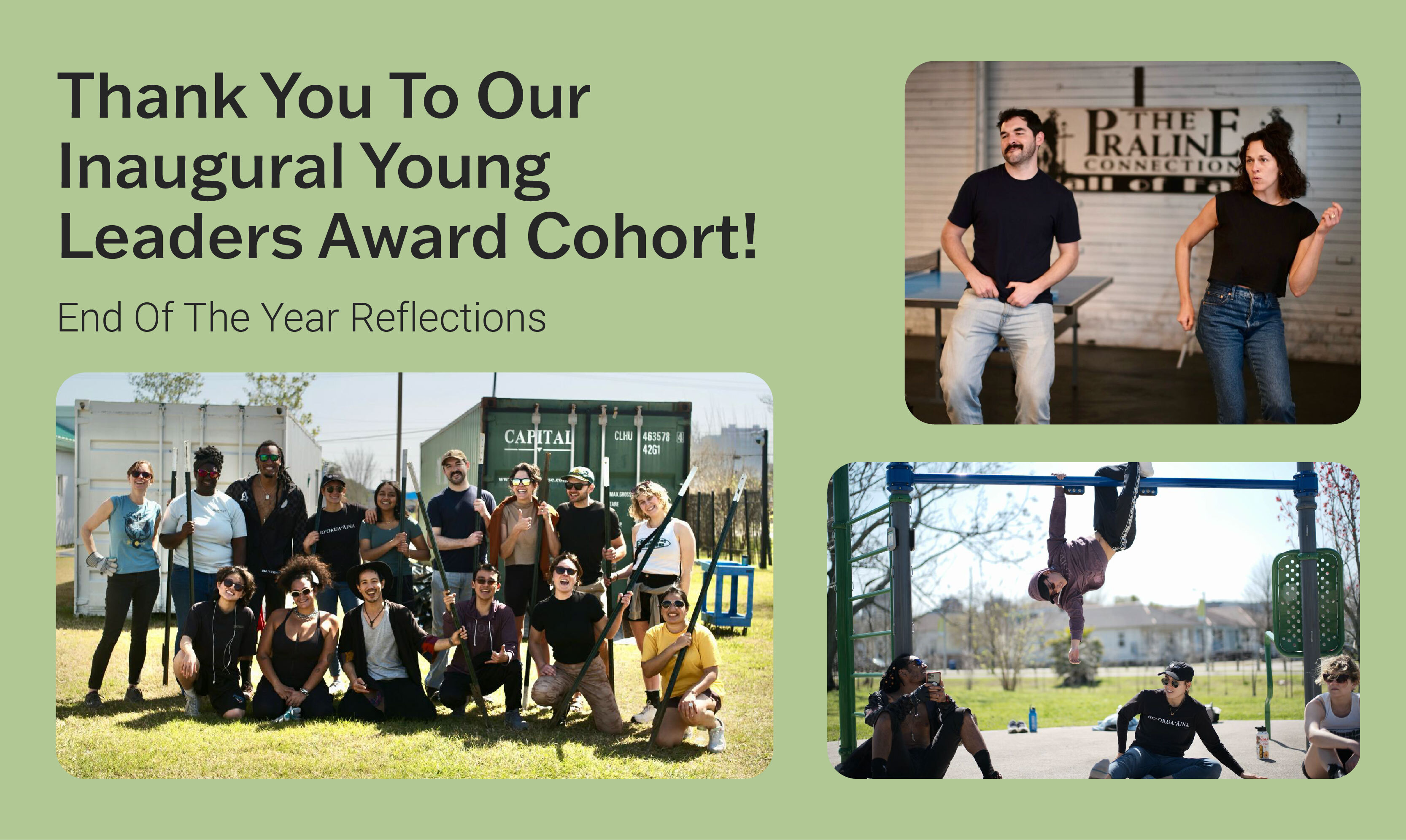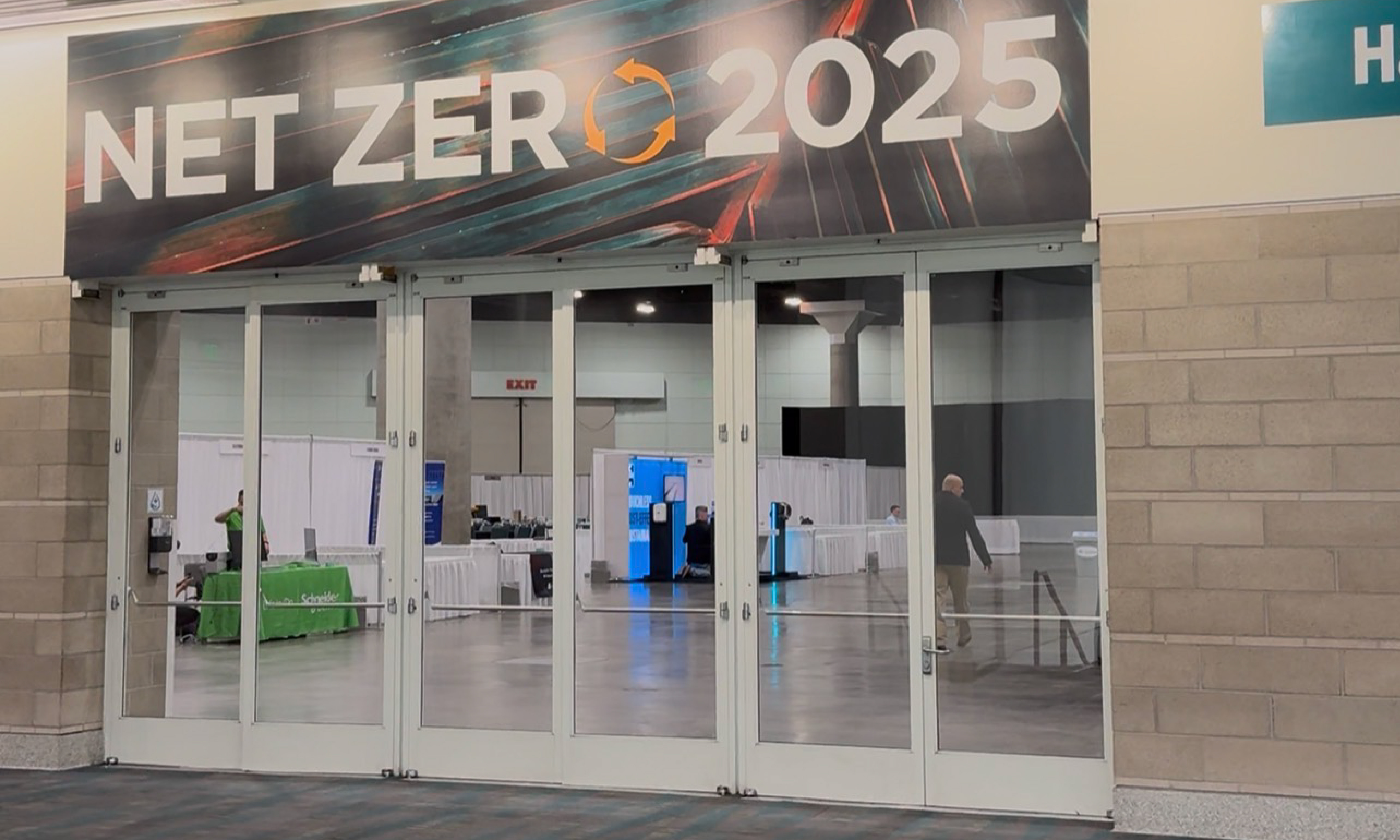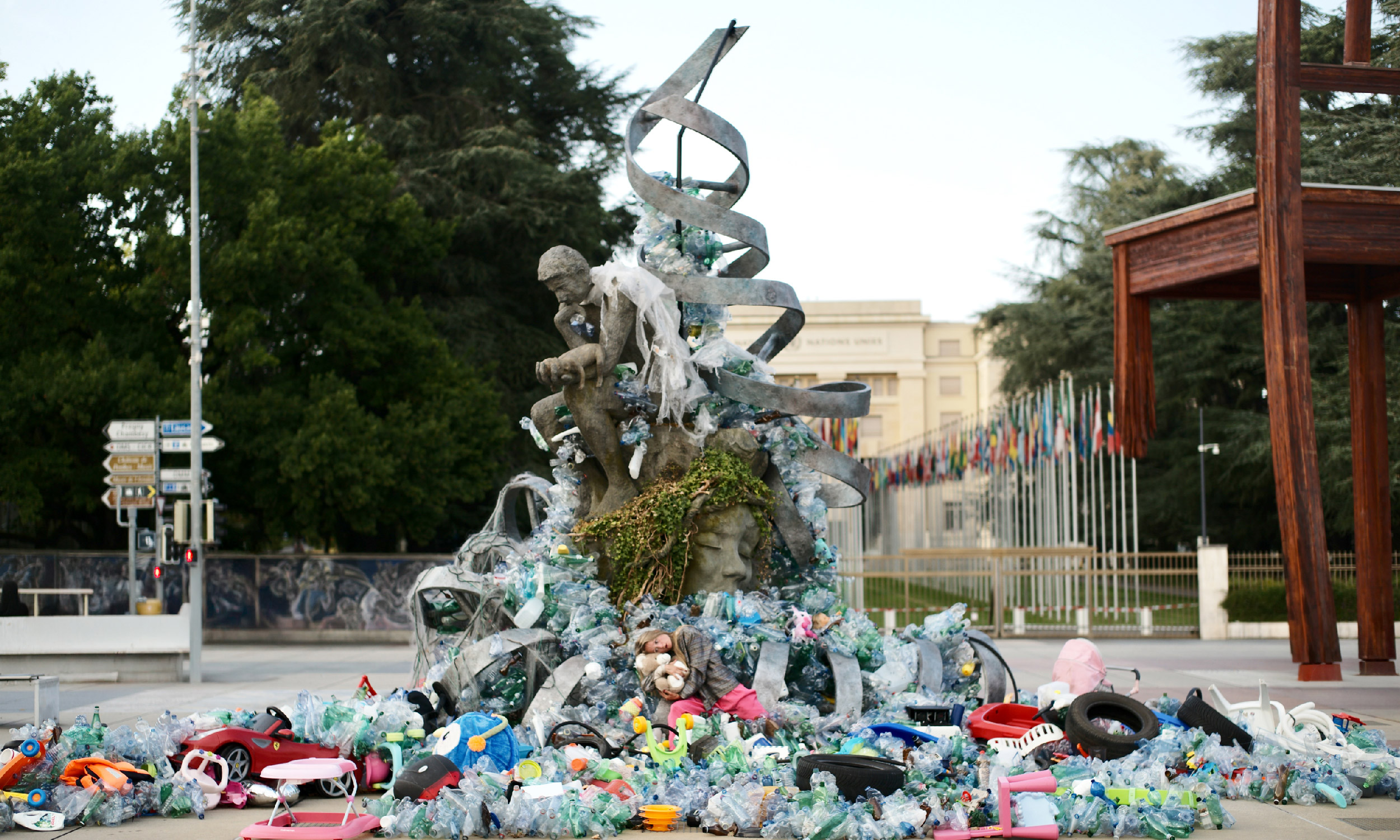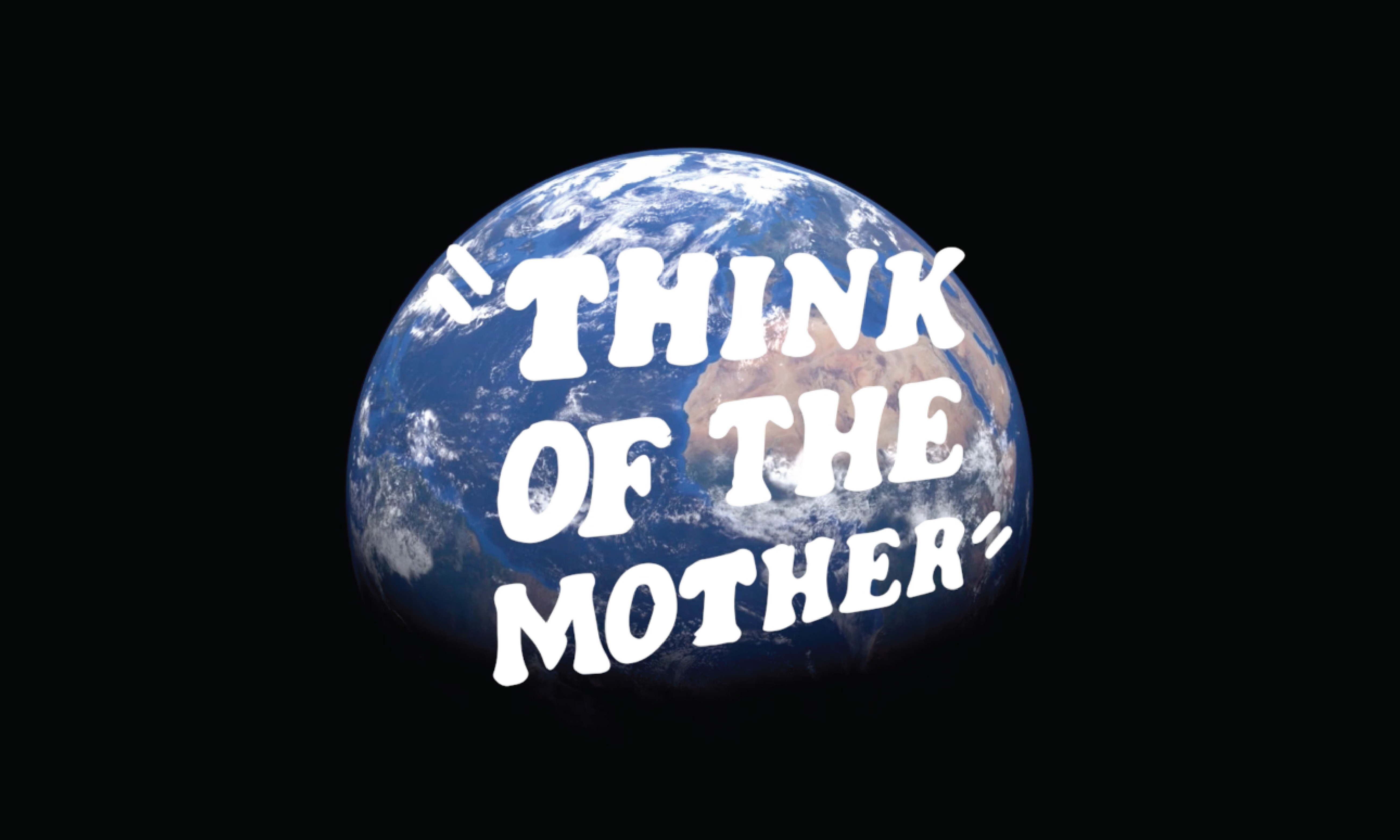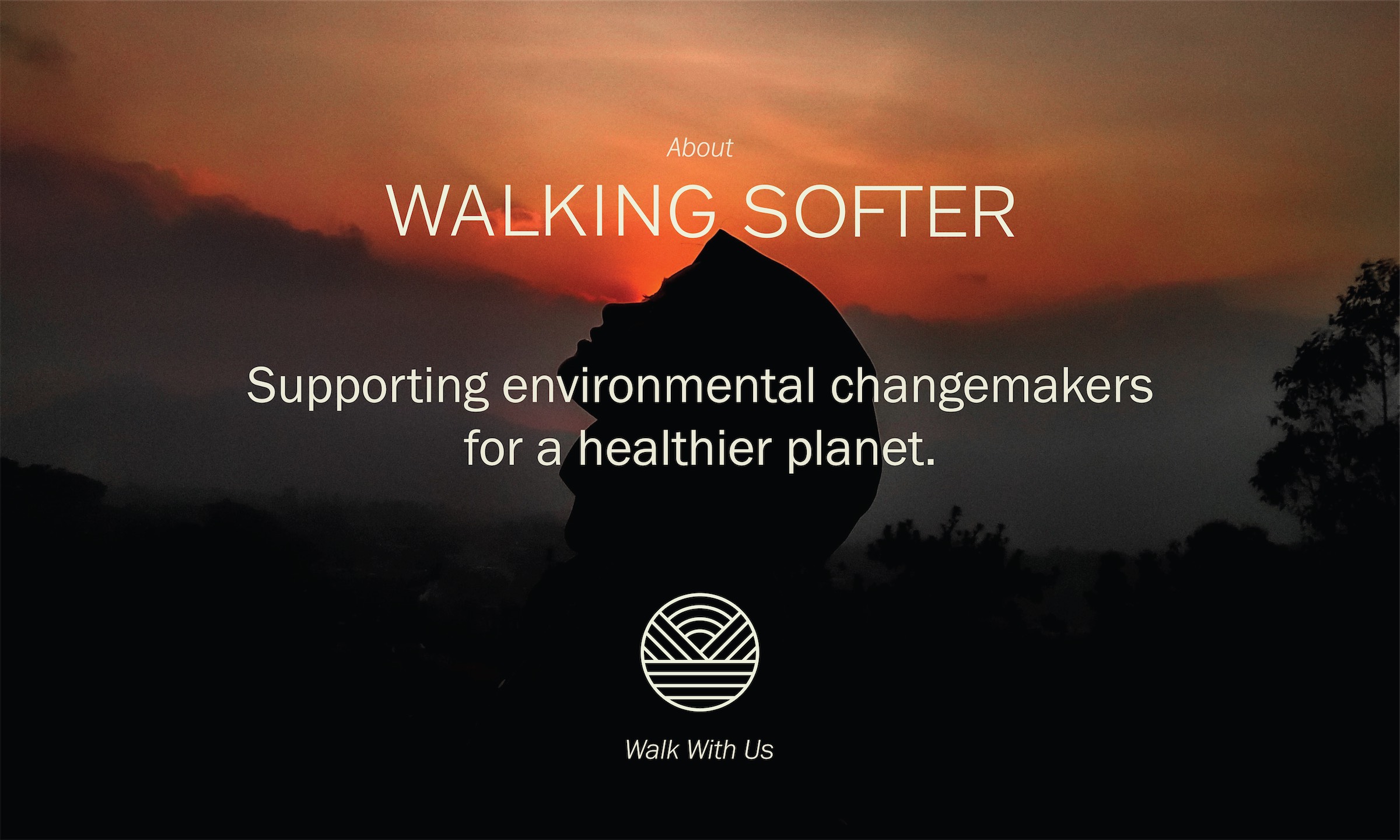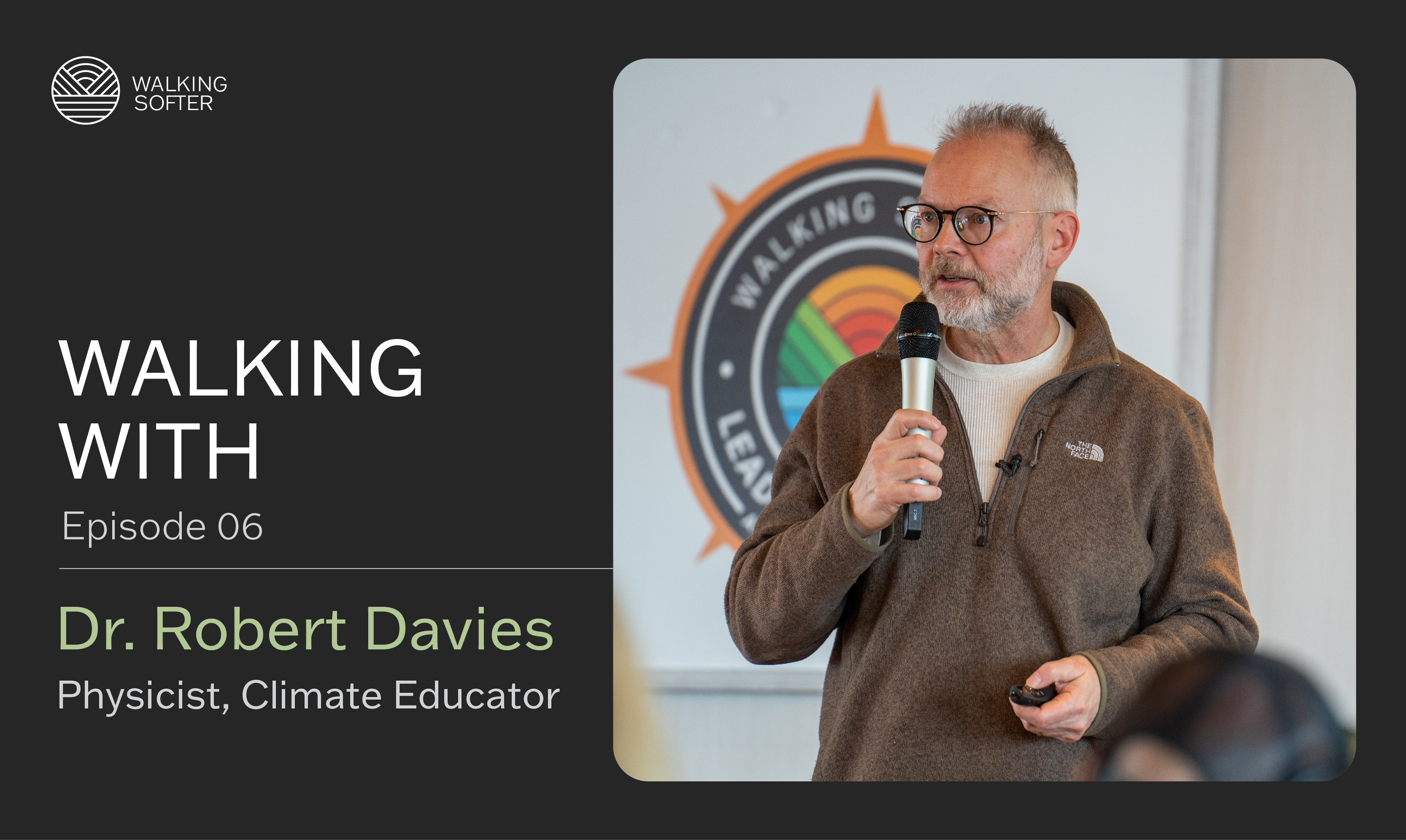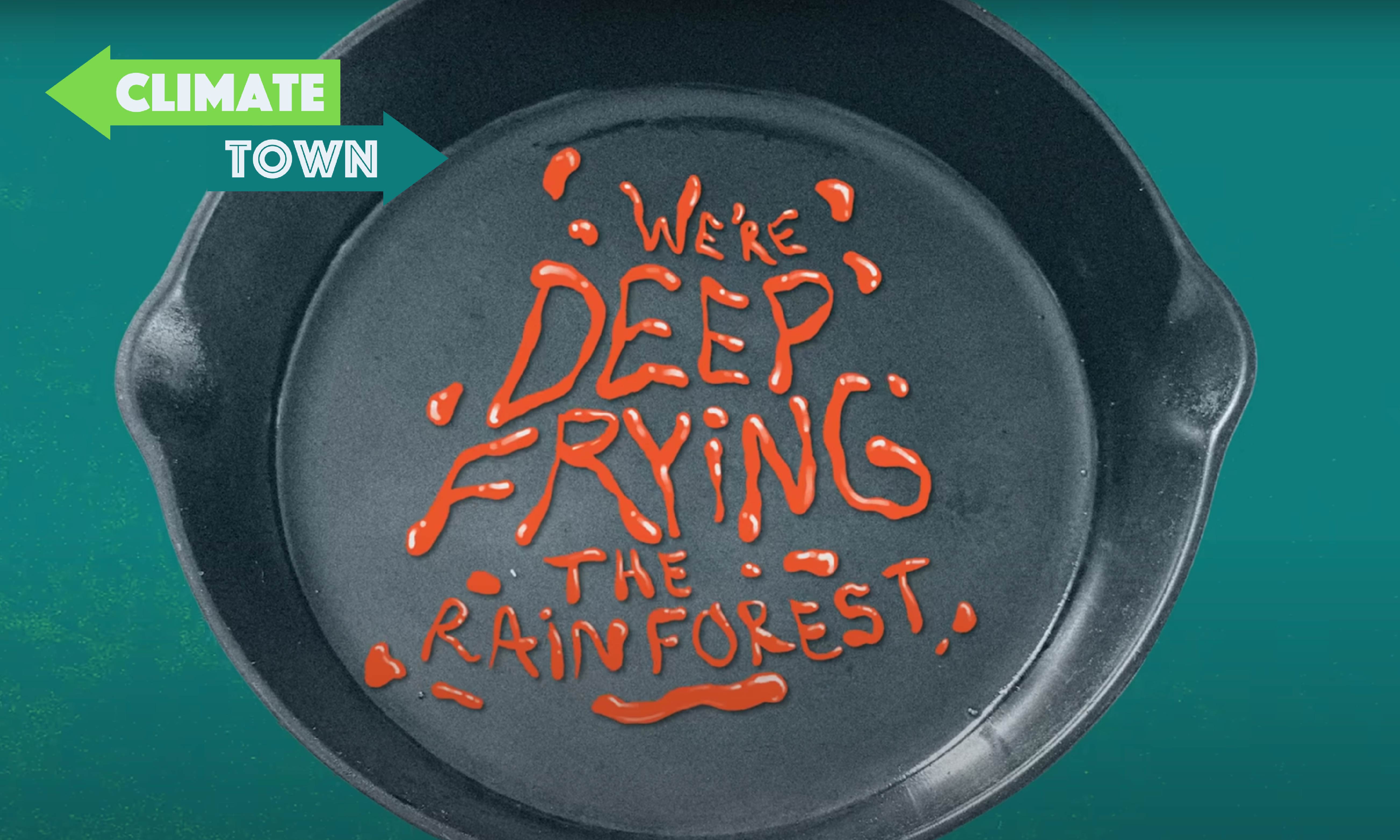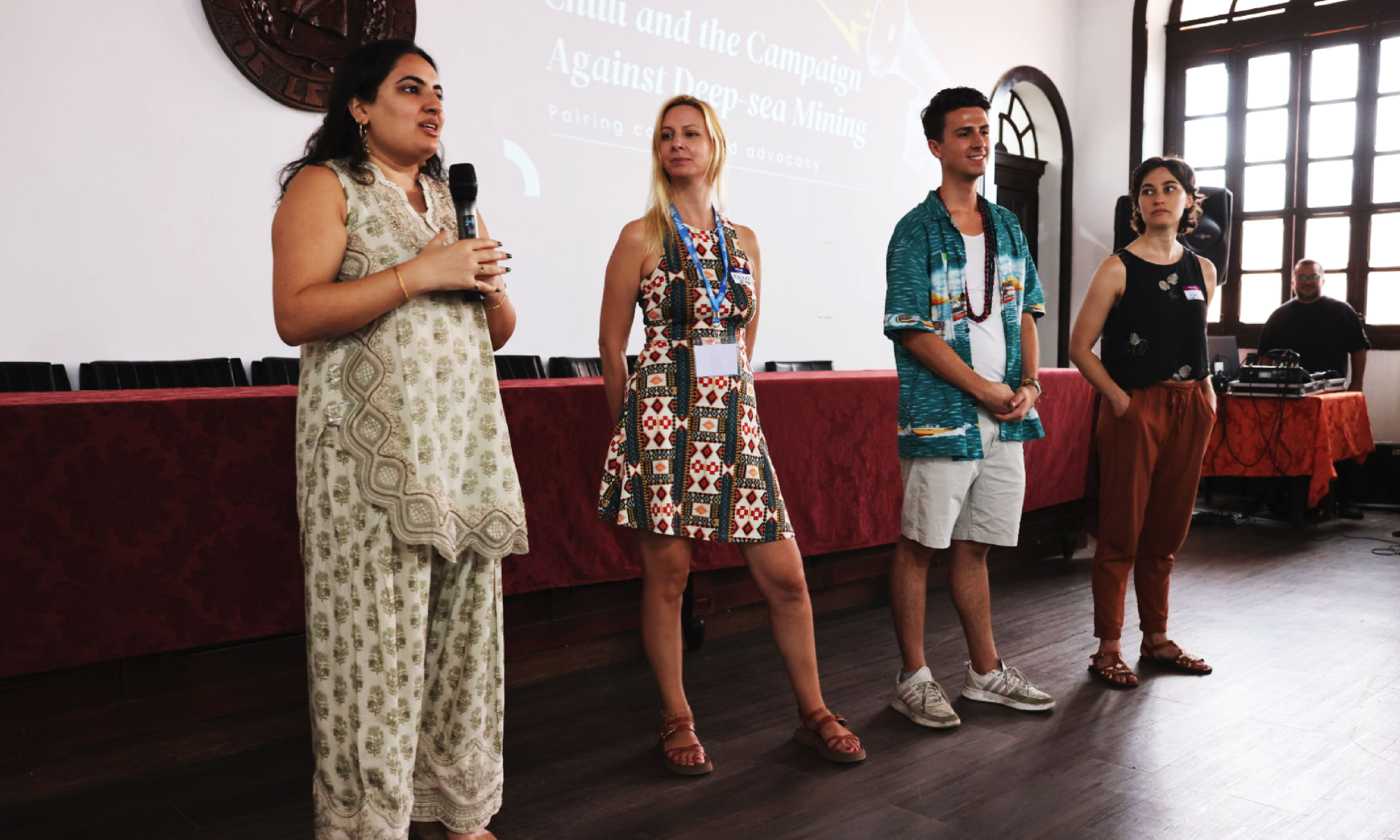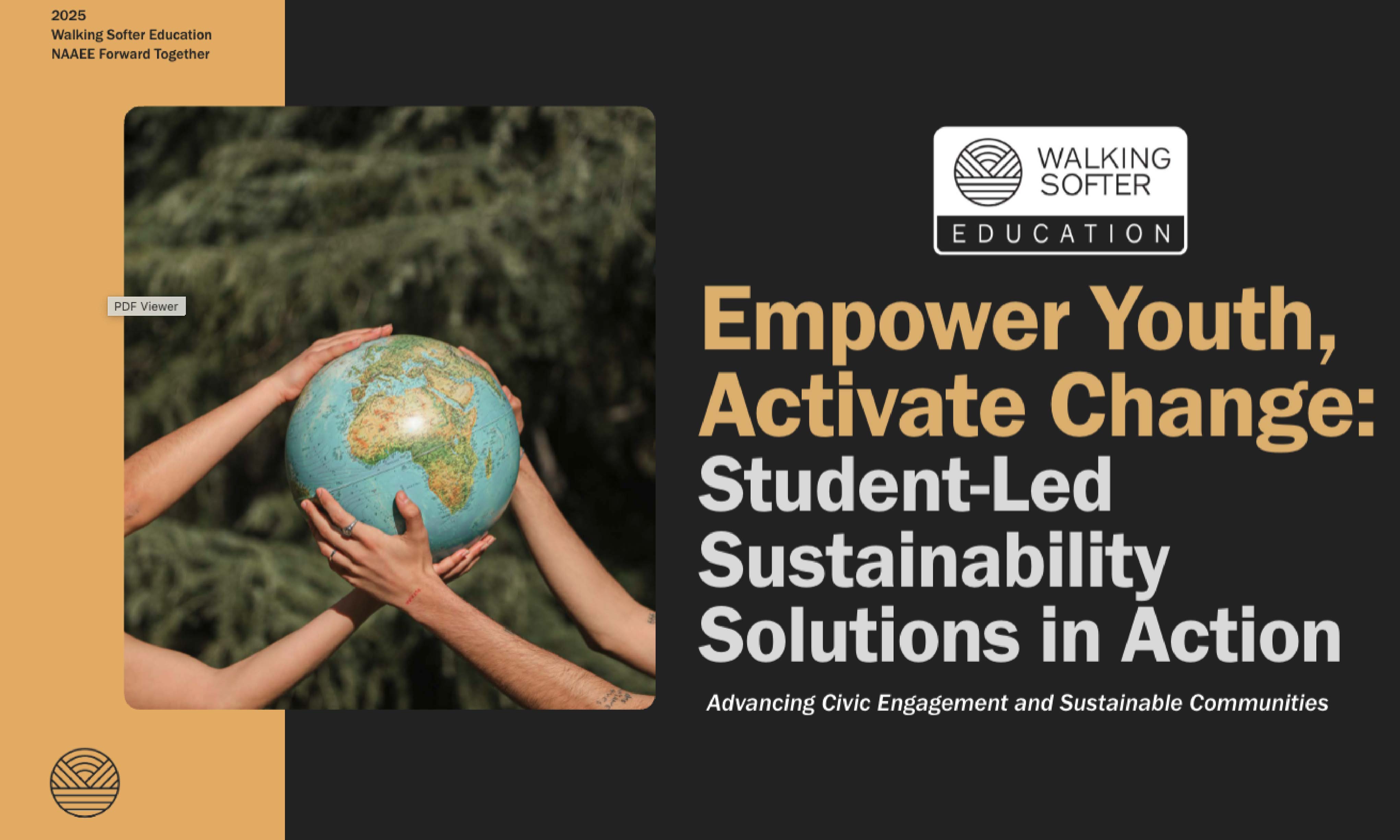Beyond The Haze
Good Climate News: March
March 18, 2024

Move to Sustainable Food Systems Could Bring $10tn Benefits a Year, Study Finds
In short:
- Existing production destroys more value than it creates due to medical and environmental costs, researchers say.
- A shift towards a more sustainable global food system could improve human health and ease the climate crisis, according to the most comprehensive economic study of its type.
- The study proposes a shift of subsidies and tax incentives away from destructive large-scale monocultures that rely on fertilizers, pesticides and forest clearance. Instead, financial incentives should be directed towards smallholders who could turn farms into carbon sinks with more space for wildlife.
Why this matters:
"This research proves that a different reality is possible, and shows us what it would take to turn the food system into a net carbon sink by 2040. This opportunity should capture the attention of any policymaker who wants to secure a healthier future for the planet and for people" - Christiana Figueres, the former executive secretary of the UN Framework Convention on Climate Change.
Source: The Guardian
Fusion Energy Gains Momentum in Congress, Sparking Bipartisan Interest
In short:
- Congressional leaders from both parties rally around fusion energy, advocating for increased federal funding to achieve commercial viability.
- Recent breakthroughs have bolstered confidence in fusion's potential, with bipartisan support growing across ideological divides in Congress.
- Legislation efforts focus on ensuring fusion projects are not regulated like nuclear reactors, emphasizing the technology's safety and non-waste producing benefits.
Why this matters:
Fusion energy represents an advance in tackling climate change, offering an abundant energy source that could dramatically reduce carbon emissions.
Source: Environmental Health News
Solar Hits a Renewable Energy Milestone Not Seen Since WWII
In short:
- With supply chains finally open, solar provided most of the nation's new electricity capacity last year.
- That feat marks the first time since World War II, when hydropower was booming, that a renewable power source has comprised more than half of the nation’s energy additions.
- One factor driving all that growth was an easing of supply chain constraints, which had slowed the delivery of solar panels.
Why this matters:
Despite its rapid ascendance, solar still makes up just 5 percent of the U.S. electricity mix. But a recent report projects that, over the next decade, the nation will add nearly 500 gigawatts of solar power.
Source: Grist
Unlocking Soil's Carbon Storage Potential Through Fungi
In short:
- Farmers are leveraging fungal networks to enrich soil, improve plant health, and store carbon, moving away from chemical-dependent practices.
- This approach is part of a broader shift towards regenerative agriculture, emphasizing the importance of microbial diversity and soil ecosystem balance.
- Innovative farming methods, including the use of compost tea and wood chip mulch, promote fungal growth and carbon capture in soil.
Why this matters:
Understanding and applying the symbiotic relationships between fungi and plants can drastically improve agricultural sustainability and combat climate change. This shift toward nurturing soil microbiomes not only enhances crop resilience but also plays a significant role in carbon sequestration, offering a hopeful avenue for mitigating global warming.
Source: The Daily Climate
Fashion's Future Lies in Compostable Mushroom Leather
In short:
- Romanian artisans and a South Carolina biotech company, MycoWorks, are innovating with mushroom-based textiles, offering an eco-friendly alternative to traditional leather.
- MycoWorks' material, called Reishi, is crafted from mycelium and agricultural waste, providing a sustainable and biodegradable option for fashion items like designer bags and upscale pillows.
- Advances in biotech allow for the growth of mycelium in controlled environments, presenting a viable, ethical, and environmentally sustainable alternative to animal leather.
Why this matters:
Mushroom leather not only offers a biodegradable option that could revolutionize waste management in fashion but also aligns with growing consumer demand for sustainable and ethically produced goods.
Source: The Daily Climate
Music Festivals Embrace Eco-Friendly Energy Solutions
In short:
- Festivals like Glastonbury and Shambala are pioneering the use of renewable energy sources, including wind turbines and solar panels, to power their events.
- Significant investments are being made in connecting festivals to the national grid and using sustainably sourced hydrogenated vegetable oil for power.
- Efforts are also focused on reducing energy demand, with initiatives like energy tariffs for traders and promoting sustainable transport options for attendees.
Why this matters:
The shift toward sustainable energy in music festivals reflects a growing public demand for environmentally responsible practices and showcases the potential for large-scale events to operate sustainably, impacting both public perception and environmental health.
Source: The Daily Climate
Stories
A series of entries from our Walking Softer community that inform, inspire and support change on our planet.

Subscribe to the Walking Softer email newsletter
Be the Changemaker - join our email list for the latest news and opportunities.







